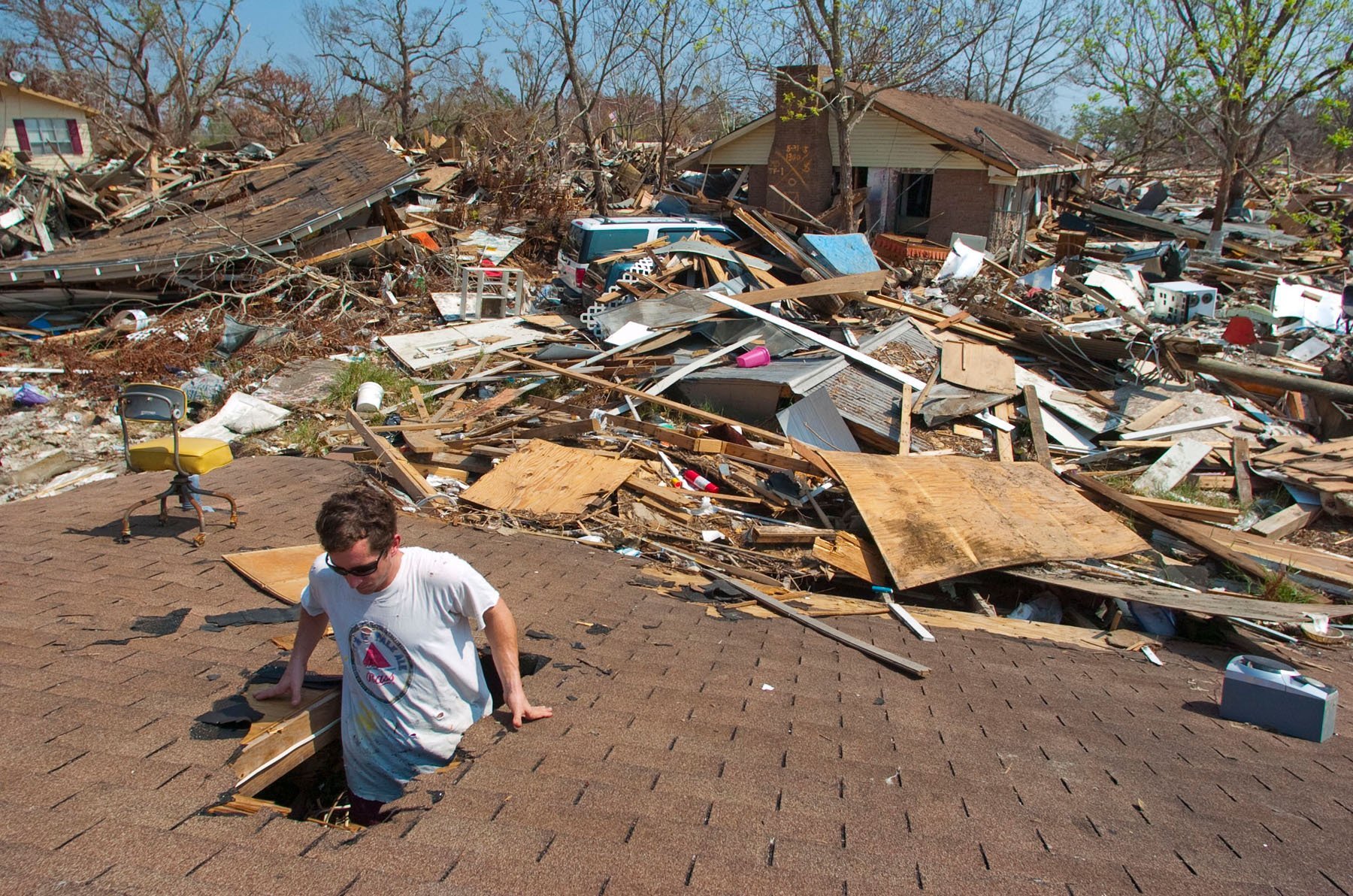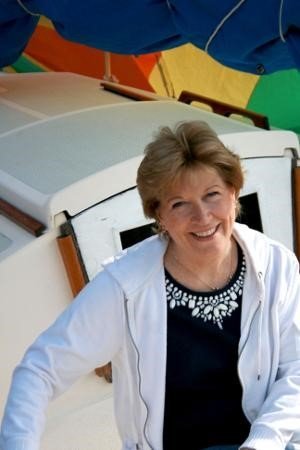In the desperation after Hurricane Katrina, survivors in New Orleans begged me for help.
They wanted me to call their loved ones.
I will never forget two of those calls.
The first one happened on August 31, 2005. I was at the convention center when a man came up to me. His wife and children were huddled nearby. His wife, he explained, was a diplomat from Spain. Like many tourists, they had been caught up in the storm and now were stranded. They looked out of place and clearly terrified. He asked me to call a number overseas.
Later that evening, when time finally allowed, I called Spain.
With only six hours of downtime, part of me just wanted to sleep. But one thought of those desperate faces a few blocks away made sleep impossible.
Since Spanish is not my best language, I had a fluent co-worker make the call. He dialed, and not long after someone answered, handed the phone back to me saying, “They speak English.”
It was only then I realized that it was the middle of the night where they were. That didn’t seem to matter to the person on the other end of the line, judging by the urgency in his voice.
“You have seen my daughter!?” the man asked. I said yes and that she and her family were OK. I promised not to reveal the identity of the prominent person whose daughter I had seen, but I can tell you the relief in a father’s voice sounds the same whether he is powerful or not.
The next day when I went to check on the family, they were gone. Those who had seen them said some “special police” had come and retrieved them, and only them. A private rescue. I never knew any more.
The second call was to Amethyst.
Her father was also one of thousands in the convention center. He wrote her name and number on a piece of cardboard and gave me explicit instructions on what to say.
So I called, and I got voice mail.
Many people won’t answer a call from a satellite phone due to the odd string of numbers that show up on caller ID. I said, “Hi, you don’t know me but I’m a reporter here in New Orleans and I saw your father today at the convention center. He’s OK and asked me to tell you, quote, ‘He ain’t dead yet.'” Then there was nothing more to say, so I hung up.
A few seconds went by and the phone suddenly rang. It caught me off guard because we didn’t get many incoming calls.
I tentatively answered, “Hello?”
I could tell the caller was a woman, but I couldn’t tell what she was saying. She was clearly emotional. Then I realized she was repeating two words over and over through her sobs: “Thank you, thank you, thank you, thank you.”
I’ve been doing this job for a while and have given many reports, but none have had a greater impact than my simple report to an audience of one — telling a daughter her dad was alive.




